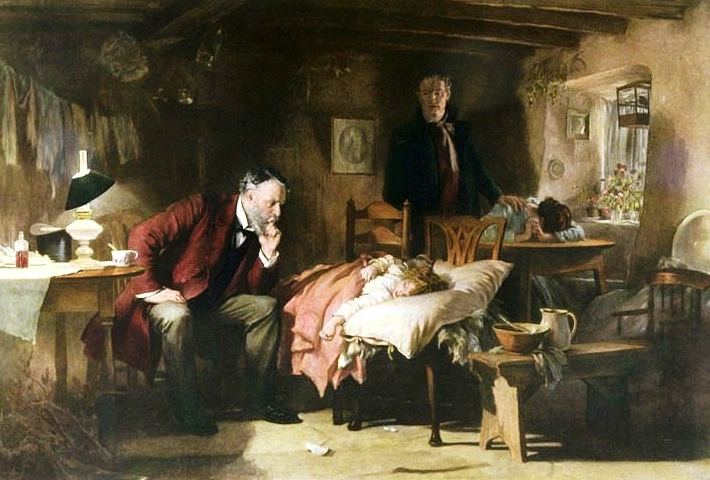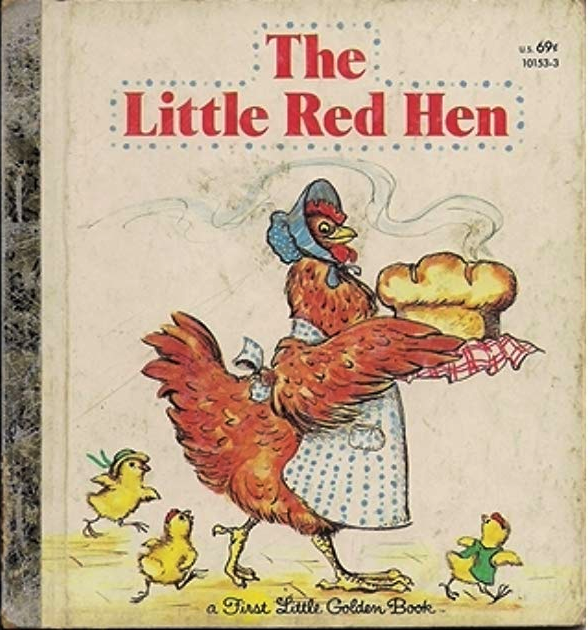
Everyone knows what it feels like to be a doctor. No, everyone hasn’t drilled holes into peoples heads or drained pus from buttocks. But every single person has experienced why doctors feel stressed.
Doctors spend their lives trying to offer less to people who want more. It’s like talking with someone who does not want to hang up the phone. All. Day. Long.
To be clear, it is not because doctors want to hang up. No, most doctors would love to talk forever, if we could afford it.
We like people.
Patient stories fascinate us.
But the clock ticks. Each minute means more overhead, with less to pay for it. Moments mean money that patients experience for ‘free’ and doctors experience as smaller payments to pay bigger bills.
Five dollars a minute. Patients get it for nothing. After the first 6-10 minutes for regular visits, doctors pay for the extra time.
Lopsided Relationship
This artificial everything-for-free arrangement sets up medicine as an unbalanced caller scenario. One person wants to stay on the call forever. The other person feels pressure to get off as soon as possible. Only politeness keeps us on the phone.
Doctors want to talk. And they do not want to go broke talking. Why can’t we find a way to let people talk as long as they want and pay for the experience, if they want it?
I know some patients would love it. And many doctors would love it too. A match made in heaven: Talkative patient meets sympathetic doctor. Talk away. Solve the world’s problems. Continue reading “Why Do Doctors Feel Stressed?”


